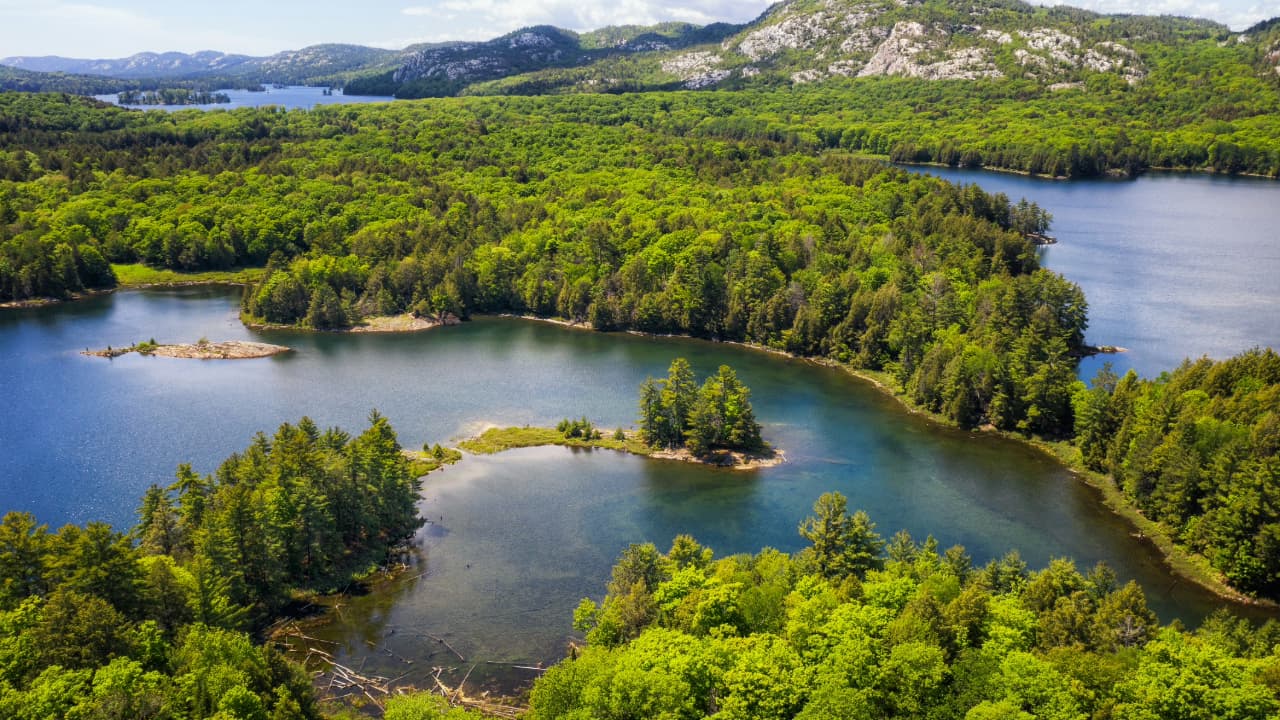A new study reveals that extreme temperature swings in the Great Lakes have more than doubled since 1998, impacting ecosystems. Researchers developed a model tracking lake surface temperatures back to 1940, linking changes to global climate patterns.
The Great Lakes, located in east-central North America, experience both hot summers and chilly winters. But according to new research from the University of Michigan, the way these temperature extremes are happening today is very different from how they occurred just 30 years ago. Dr Hazem Abdelhady, a postdoctoral research fellow in the U-M School for Environment and Sustainability, says extreme hot and cold spells on the Great Lakes have more than doubled since 1998. Strong El Niño events during the same period may have contributed to lasting climate changes in the region, according to the scientists.
The research was carried out through the Cooperative Institute for Great Lakes Research (CIGLR) and published in Communications Earth & Environment, part of the Nature journal group.
Climate Change and the Great Lakes
Abdelhady and his team developed an advanced computer model that could track lake surface temperatures all the way back to 1940. For research, surface water temperature is important because it affects the weather, ecosystems, and industries that rely on the lakes.
Sudden temperature spikes or drops affect marine life the most. While fish can usually swim to deeper or shallower areas, it harms the delicate fish eggs. Another major concern is the fishing industry. According to the Great Lakes Fishery Commission, this industry is worth over $7 billion each year.
These heat waves and cold snaps also disrupt how the lakes naturally mix and layer their water during the year. This affects water quality and the overall health of the lakes, which many people depend on for drinking water and recreation.
Researchers have identified the extreme changing weather patterns, and by connecting these changes to global climate patterns, they hope to prepare communities for the challenges ahead.
“If we can understand these events, we can start thinking about how to protect against them,” Abdelhady said.
Why This Study Was So Challenging
The Great Lakes are vast. Because of their size and complexity, it’s difficult to study them. They hold over 20% of the world’s fresh surface water and have a shoreline almost as long as the entire US Atlantic coast. So, the team employed more advanced modelling techniques typically used for coastal oceans and adapted them for the Great Lakes.
However, there was a lack of data from past years. By using satellite observations with trusted global climate data, the team was able to recreate lake surface temperatures as far back as 1940.
“That’s why we use modeling a lot of the time. We want to know about the past or the future or a point in space we can’t necessarily get to,” said coauthor Drew Groneworld, an associate professor in SEAS and a leader of the Global Center for Climate Change and Transboundary Waters. “With the Great Lakes, we have all three of those.”
Other contributors to the study include Ayumi Fujisaki-Manome, associate research scientist, David Cannon, an assistant research scientist, and Jia Wang, a climatologist with NOAA’s Great Lakes lab.
“I’m very curious if we can anticipate the next big shift or the next big tipping point,” Gronewold said. “We didn’t anticipate the last one. Nobody predicted that, in 1997, there was going to be a warm-winter El Niño that changed everything.”
The model they built is now publicly available and can be used by other researchers studying the lakes. The next step for the team is to look more closely at smaller regions within the lakes and try to predict when the next major shift might happen.
Source: University of Michigan. “Unprecedented climate shocks are changing the Great Lakes forever.” ScienceDaily. ScienceDaily, 14 August 2025. www.sciencedaily.com/releases/2025/08/250813083616.htm
